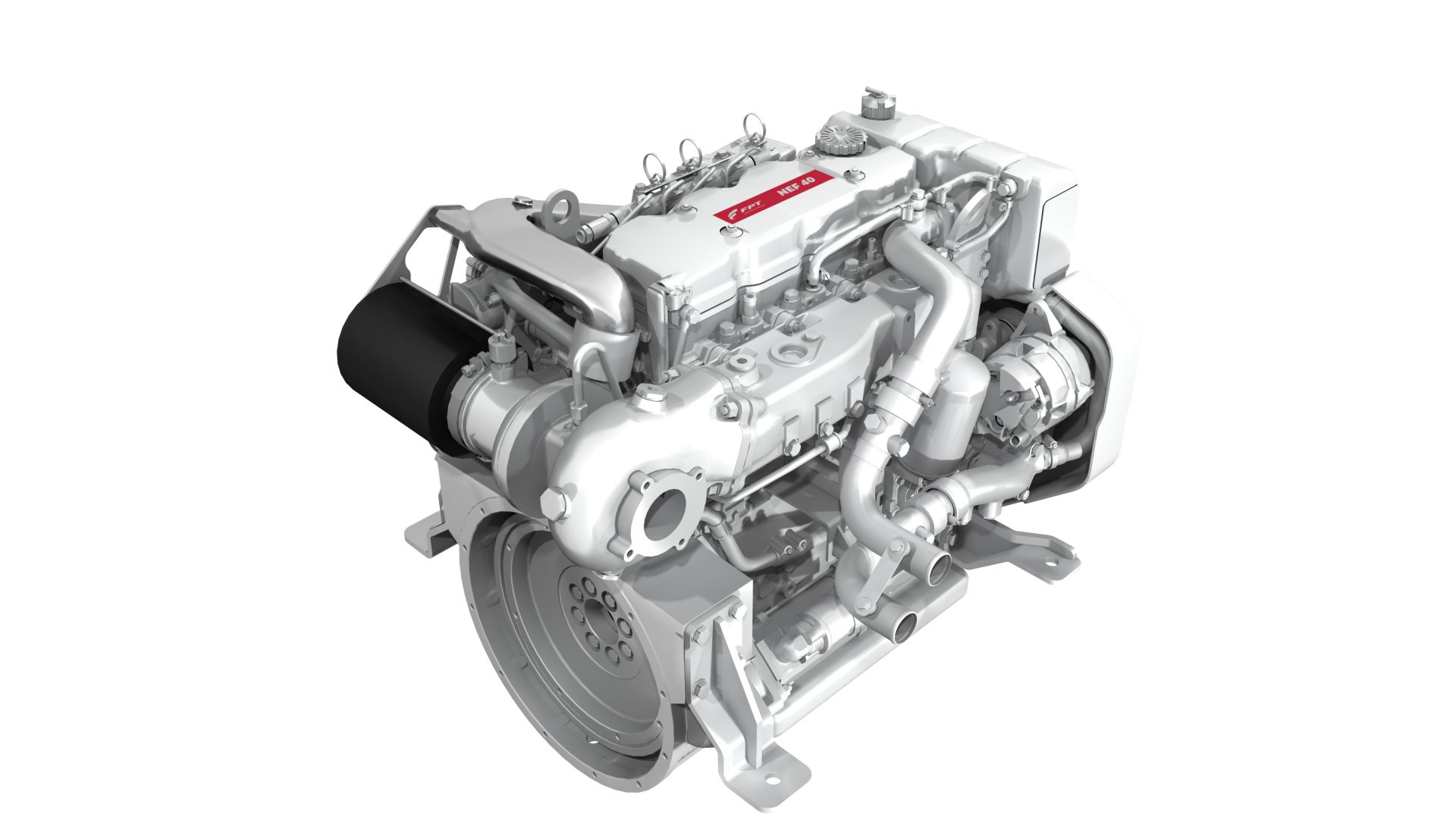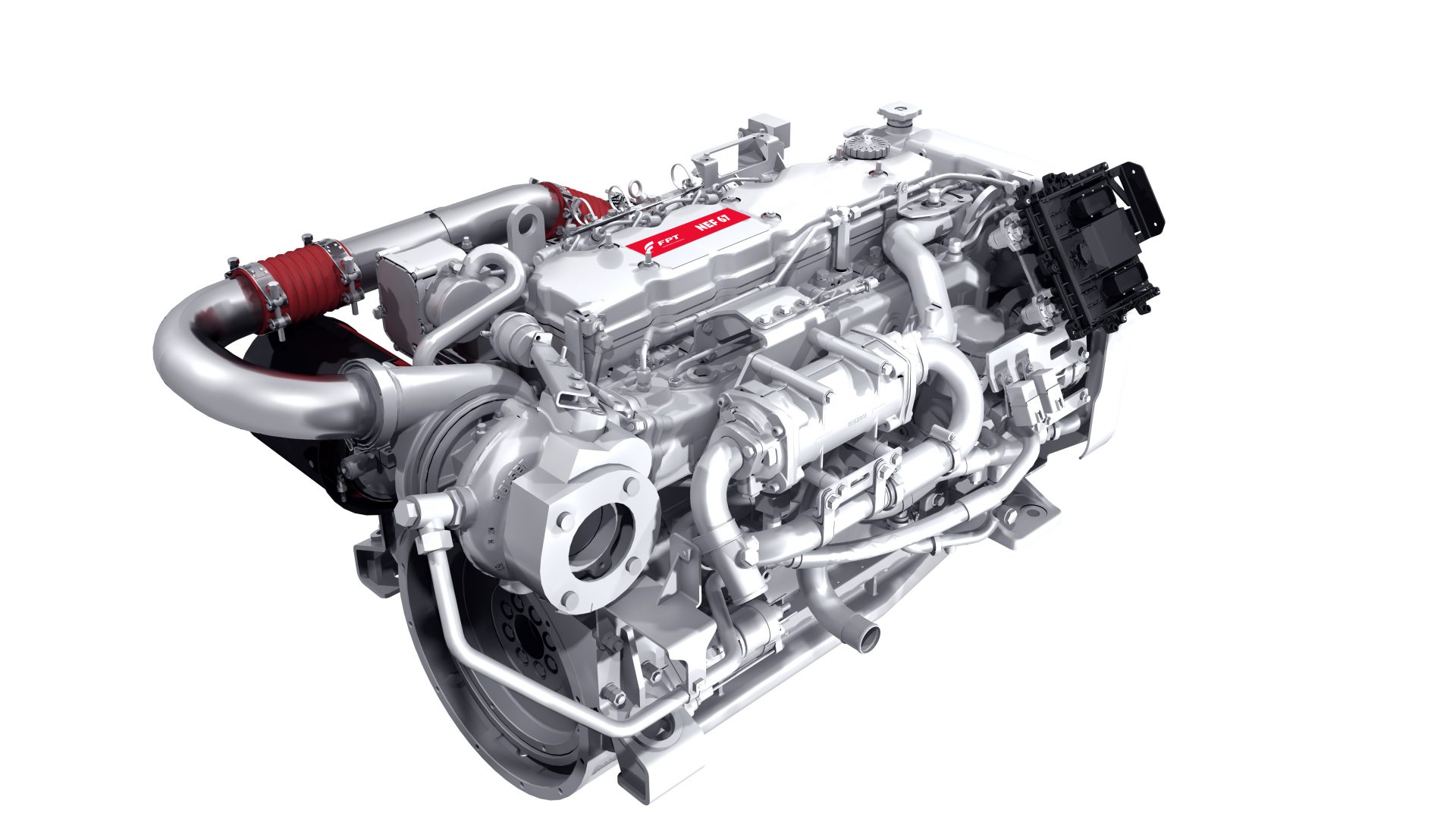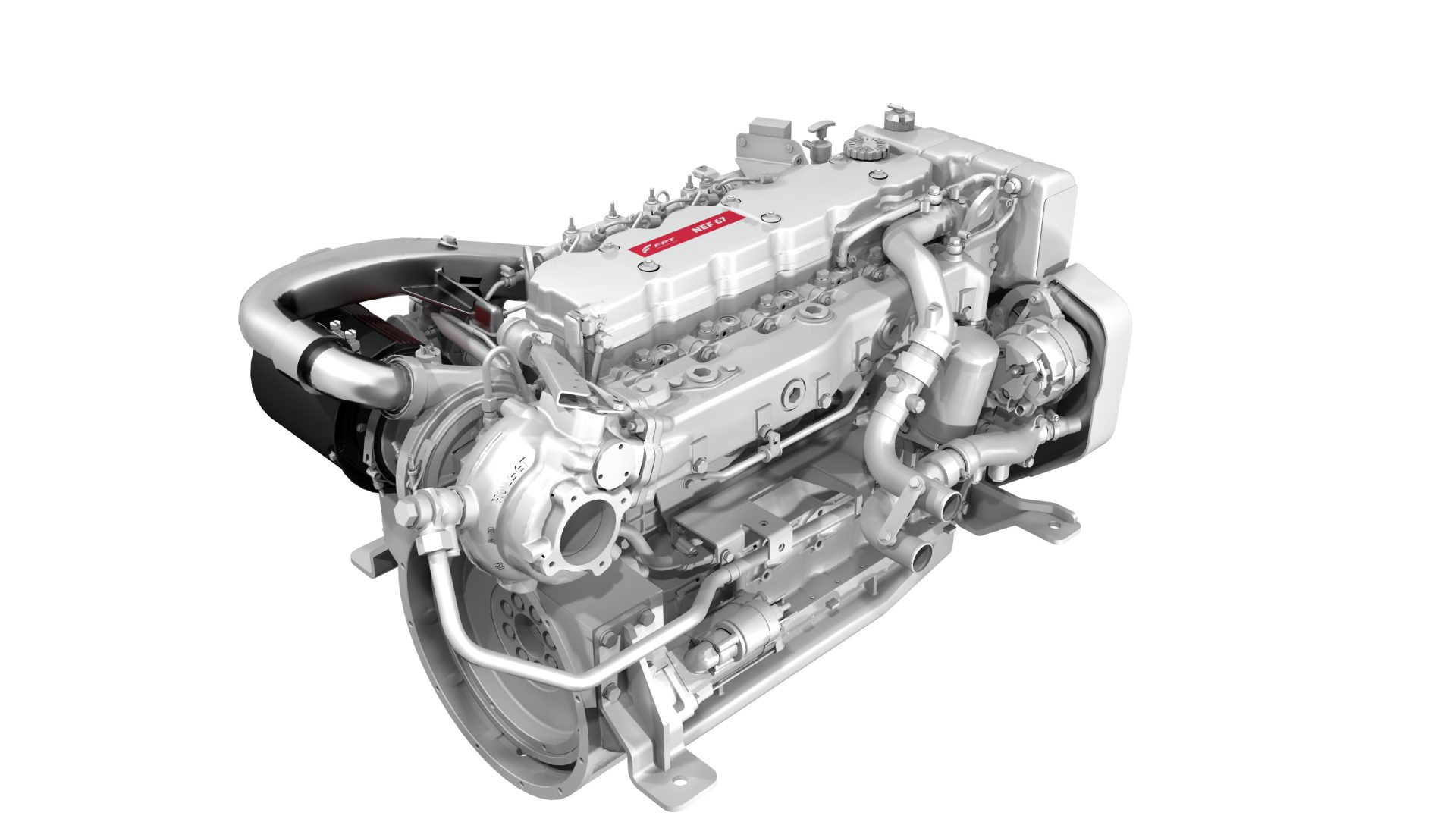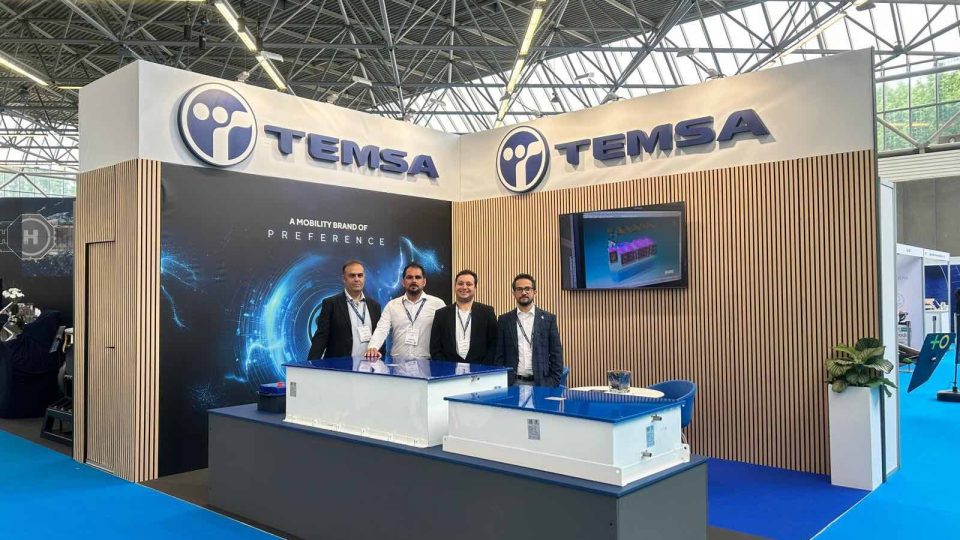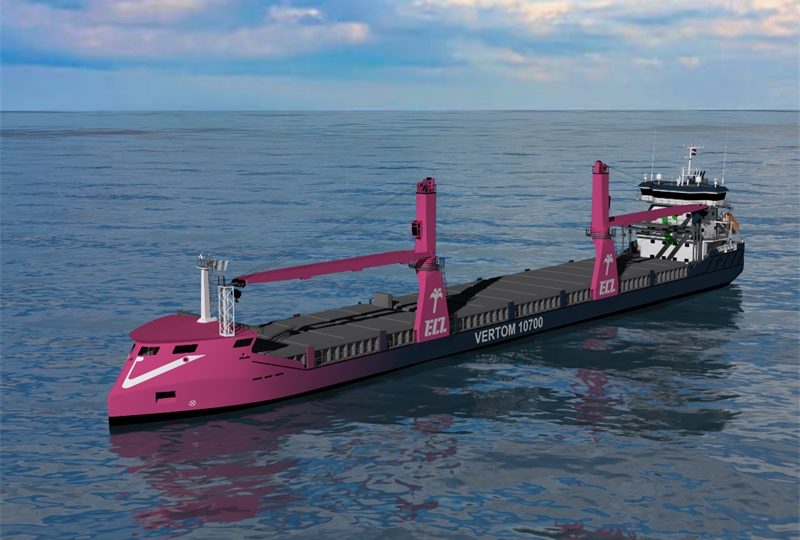FPT Industrial launches Stage V marine engine for heavy-duty missions
Introduced during a digital event, the C90 170 features 170 hp (125 kilowatts) power output at 2,000 rpm and 1,105 Nm at 1,000 rpm maximum torque. Also, the innovative keel cooling is now available to some FPT marine engines.
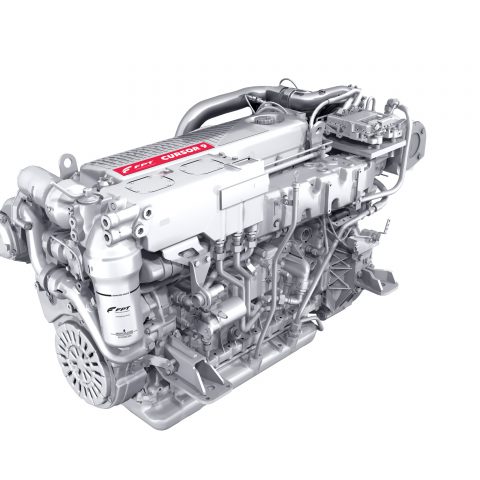
FPT Industrial has launched a marine engine for heavy-duty commercial applications. The new C90 170, compliant with the EU Stage V standard, was presented during a digital event named ‘Marine Virtual Experience’, which allowed participants to take stock of the range of solutions for commercial and pleasure boating, as well as to outline current market trends and provide a glimpse of the future, with the video of the Cursor X marine concept.
Another focus of the virtual event that enriched the contents of the FPT Webcast platform was the introduction of the keel cooling system, now available on some of the marine engines in the FPT Industrial portfolio.
The main features of the latest FPT Industrial marine engine
In order to discover the C90 170 Stage V, let’s quote the words spoken by Fabio Rigon, FPT Industrial Vice President Europe. «The engine was specifically developed to bring top performances and lower operating costs to heavy-duty commercial missions, like cargo or floating equipment vessels, passenger transport, trawl fishing boats or dredgers». The ID card outlines 170 hp (125 kilowatts) power output at 2,000 rpm and 1,105 Nm at 1,000 rpm maximum torque. The engine has 6 in-line cylinders and a displacement of 8.7 liters. Developers have focused indeed on the aftertreatment system, which won’t rely on urea anymore, resulting in a reduction of TCO, as well as a smaller footprint and longer service intervals. Rather, the focus was on optimizing fuel map, which resulted in a 30 percent emissions reduction.
Also, the overall high level of sustainability of the new power unit is confirmed by the adoption of a specific oil retention system that prevents the combustion of valve lubrication oil, with a substantial reduction of visible smoke.
Stage V marine solutions ranging from 4 to 9 liters
FPT Industrial’s Stage V range for marine applications has now expanded to include models with displacements from 4 to 9 liters. Among the existing engines, the N40 170, designed for leisure boating, delivers up to 250 hp (184 kilowatts) at 2,800 rpm. An evolution of the NEF family, the N67 450 for light commercial and recreational applications delivers 450 hp (330 kilowatts) at 3,000 rpm and features enhanced cooling and improved injection at cold temperatures.
A broader range of opportunities for customers, in short, as FPT Industrial Marine Segment Director Guglielmo Tummarello pointed out. «We want to be close to our customers, providing them the best possible business solution. FPT Industrial marine products, including the latest ones, are designed and developed to offer the perfect combination of performance, efficiency and reliability» he said, before analyzing the latest market trends. Here, the battleground is «around and just above 1,000 hp, both for light commercial and leisure applications. In such a scenario, it’s crucial for manufacturers to provide added value. Innovation – added Mr Tummarello – will play a key role indeed in the evolution of the marine market. Today, hybridization and variable speed generators are still niche solutions, but soonthey will move to the next level, becoming real alternatives to conventional systems».
But it doesn’t end there. The Marine Virtual Experience also allowed us to see what the (slightly less near) future might look like with the Cursor X marine concept video (below).
The keel cooling to protect the engine
Finally, connected from the United States, Braden Cammauf, Head of FPT Industrial Brand Nafta, introduced the innovative keel cooling, a system designed to effectively cool engines operating in sandy, muddy and shallow waters, without the risk of obstructing the seawater filters and damaging the seawater pumps. A solution adopted so far on the N40 250 E, N67 450 N and N67 570 EVO engines (pictured below) that effectively transfer heat between coolant and the water, without the need of circulating salt water into the engine, which is thus better protected from corrosion. The innovation is aimed at truckable tug boats, push boats and commercial fishing vessels.

